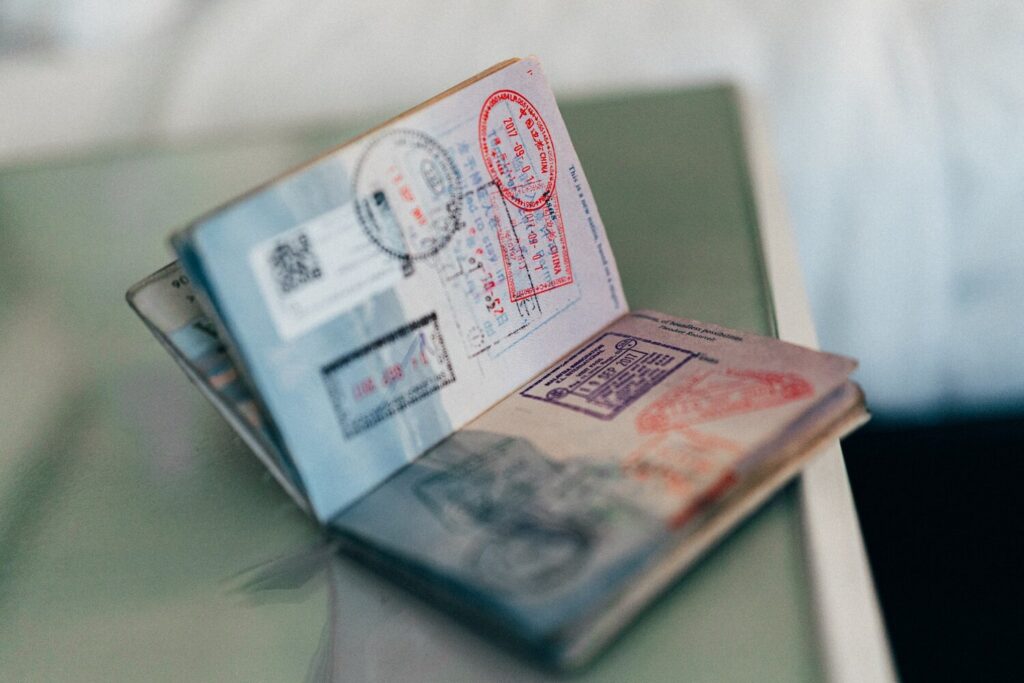
Countries That Still Don’t Have Digital Nomad Visas
As of June 2024, 44 countries currently offer digital nomad visas on 5 different continents. Despite the spread of these visa programs to around 50 countries, several countries have yet to officially open their doors to digital nomads.
Countries like Japan, Italy, and Thailand have recently launched digital nomad visas, acknowledging the economic benefits that remote workers bring. These benefits include boosting local tourism and sharing innovation and knowledge at coworking spaces and conferences. Major destinations such as the United States, Australia, and some European Union countries, however, are still notably absent from the list of digital nomad-friendly countries.
Here are some of the most sought-after destinations that have yet to offer digital nomad visas, along with the alternative visas currently available for remote workers.
Top Countries Yet to Offer Digital Nomad Visas
Austria
Austria, with its stunning Alpine landscapes, would be a dream location for many remote workers. While it doesn’t have a digital nomad visa, Austria offers alternatives like the Red-White-Red Card for entrepreneurs.
Australia
Australia’s attractive climate and lifestyle make it a popular destination, but it has yet to offer a digital nomad visa. Instead, remote workers can opt for the visitor visa, which allows them to stay and work in the country for up to one year.
Belgium
Belgium, known for tasty treats like chocolate and waffles, has not yet introduced a digital nomad visa. Working in the country as a tourist is currently illegal. However, freelancers can apply for the Belgium Professional Card, or freelance visa, which allows them to pursue self-employed work during their stay.
Canada
Although often praised as a top destination for digital nomads, Canada has not yet created a specific visa for them. However, its new Tech Talent Strategy allows temporary tech workers to stay for up to six months with visitor status, which simplifies the process.
Denmark
Denmark took the top spot on the 2023 Global Remote Work Index for its low crime rates and excellent digital infrastructure. Despite coming out on top, Denmark still does not offer a digital nomad visa. A proper work permit is necessary for longer stays.
France
France continues to be a favorite among visa applicants, yet it still lacks a digital nomad visa. The country offers the visa de long séjour (long-stay visa), which allows work for three months to a year. This visa remains a popular choice and around 130,000 UK citizens applied for it in 2023.
The Netherlands
The Netherlands attracts remote workers with its blend of cultural heritage and modern amenities. While it lacks a specific digital nomad visa, the Netherlands startup visa provides an alternative. This one-year temporary residence permit is available to entrepreneurs launching innovative products or services.
New Zealand
New Zealand, with its breathtaking landscapes, is certainly an appealing destination for remote workers. While there is no digital nomad visa yet, the National Party has proposed a one-year visa scheme for 250 applicants. Until then, the working holiday visa remains a viable option, which allows citizens from certain countries to live and work in New Zealand for up to three years.
United States
Despite being home to Silicon Valley, the United States has not introduced a digital nomad visa. Long-term work permits are challenging to obtain, but the B-1 business visa allows remote workers to stay for up to six months.
Vietnam
Vietnam is a favorite among both tourists and remote workers, though it lacks a digital nomad visa. The business visa offers an alternative, which allows work for up to 90 days and valid for a year with unlimited entries.
As the digital nomad trend continues to grow, it remains to be seen which of these countries will be the next to introduce a digital nomad visa.







Responses